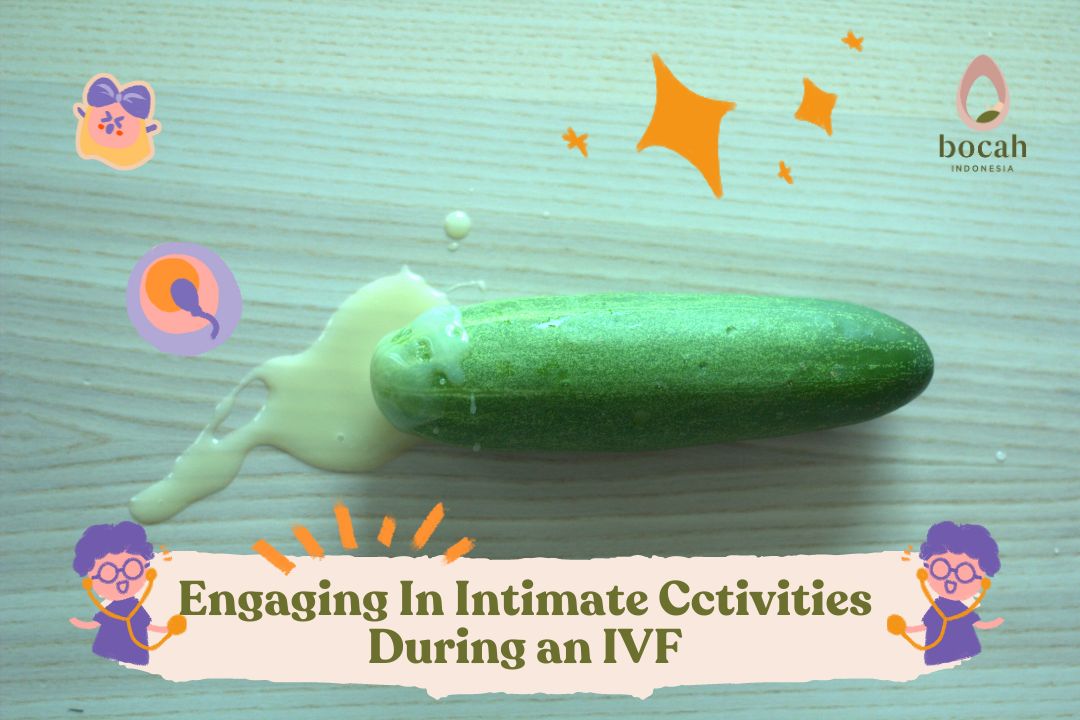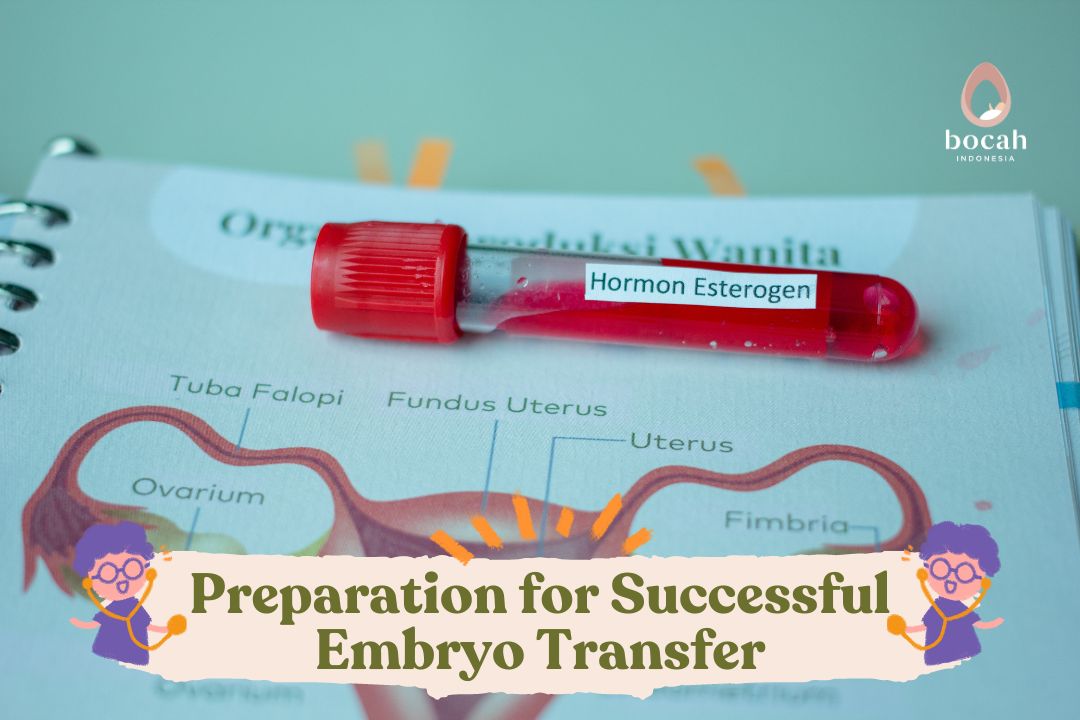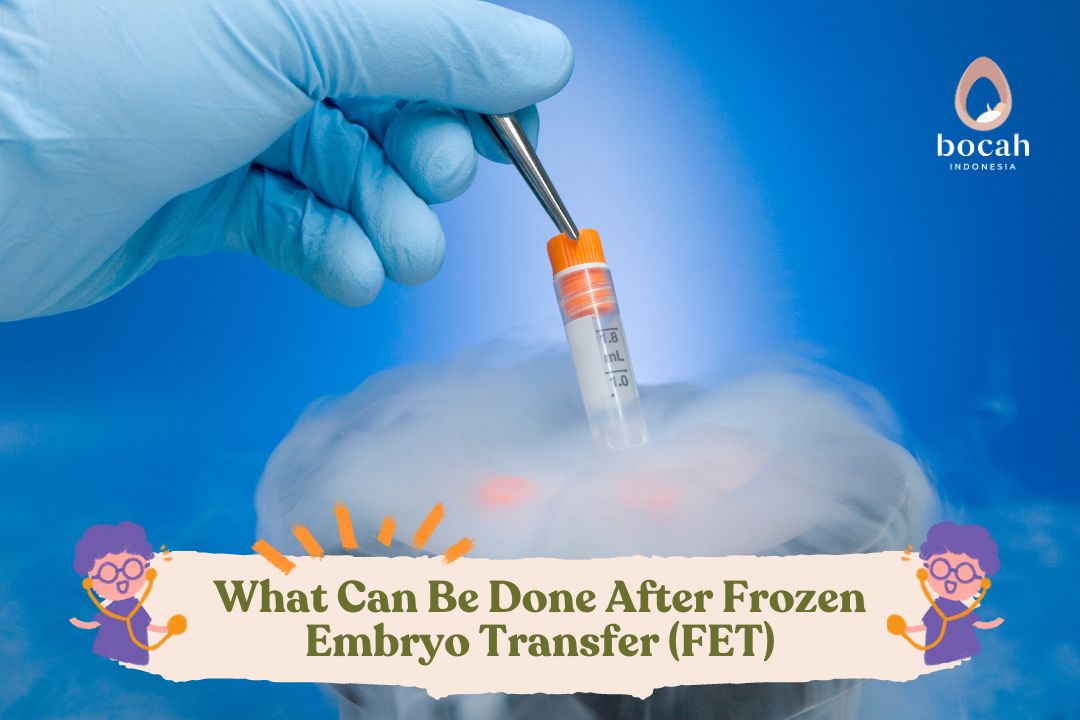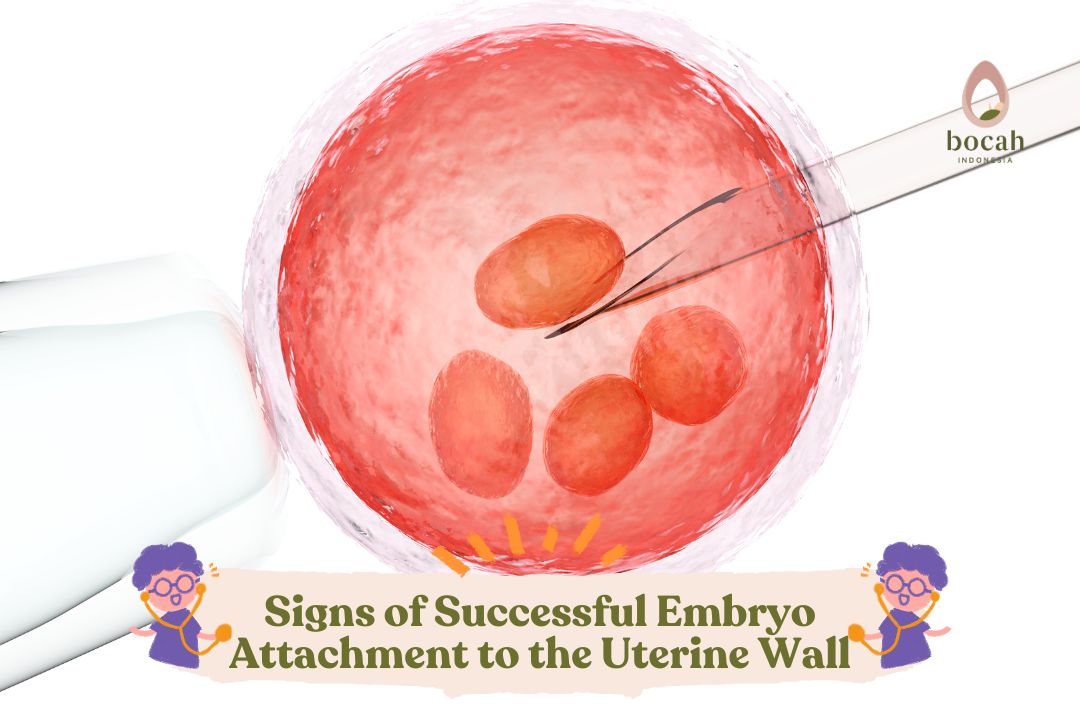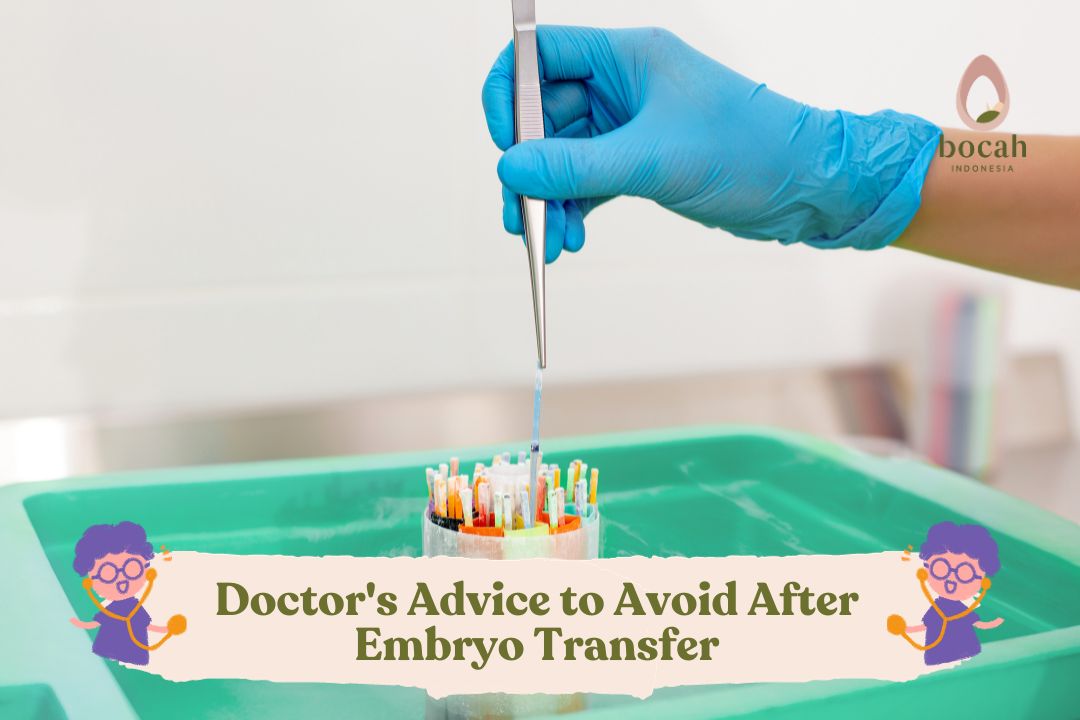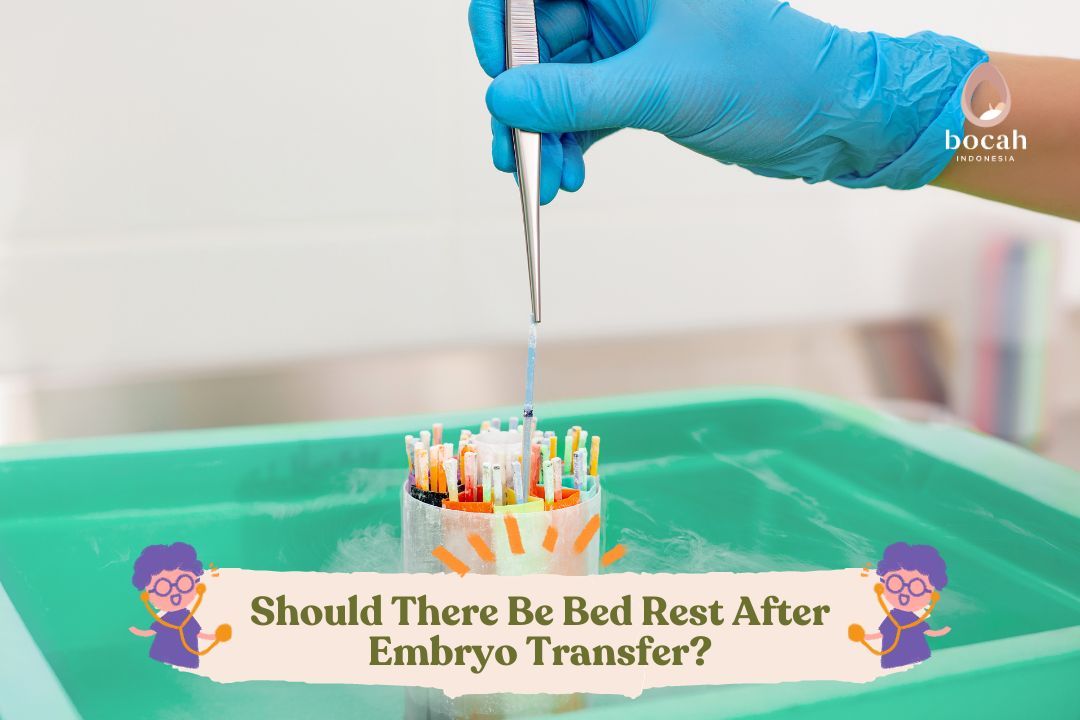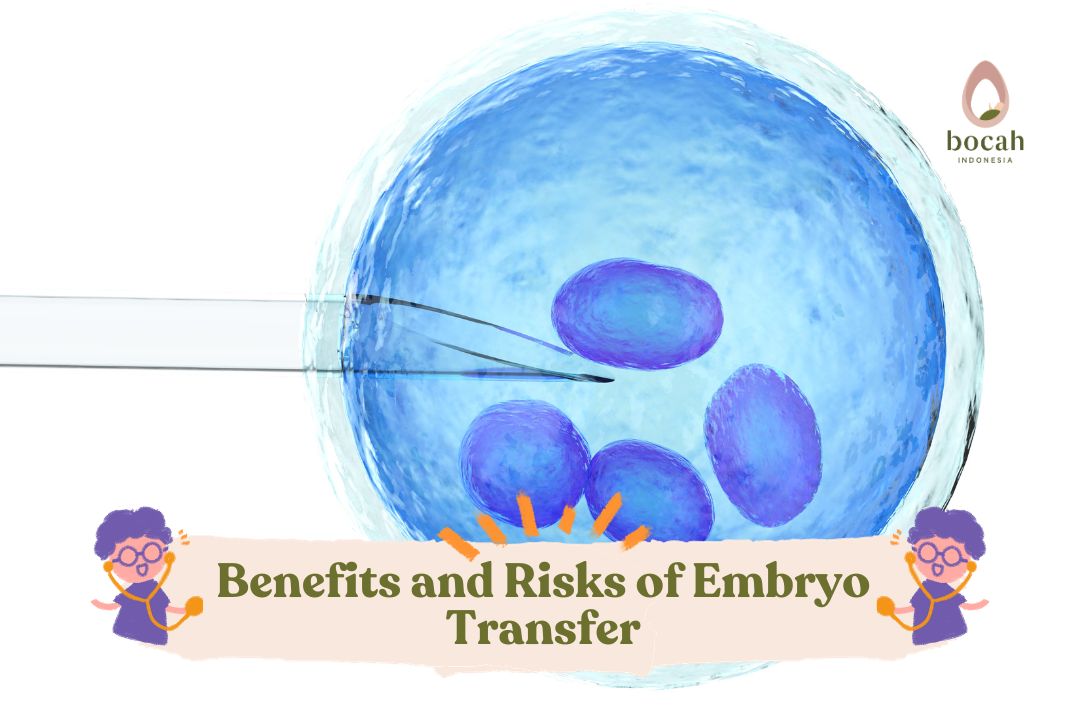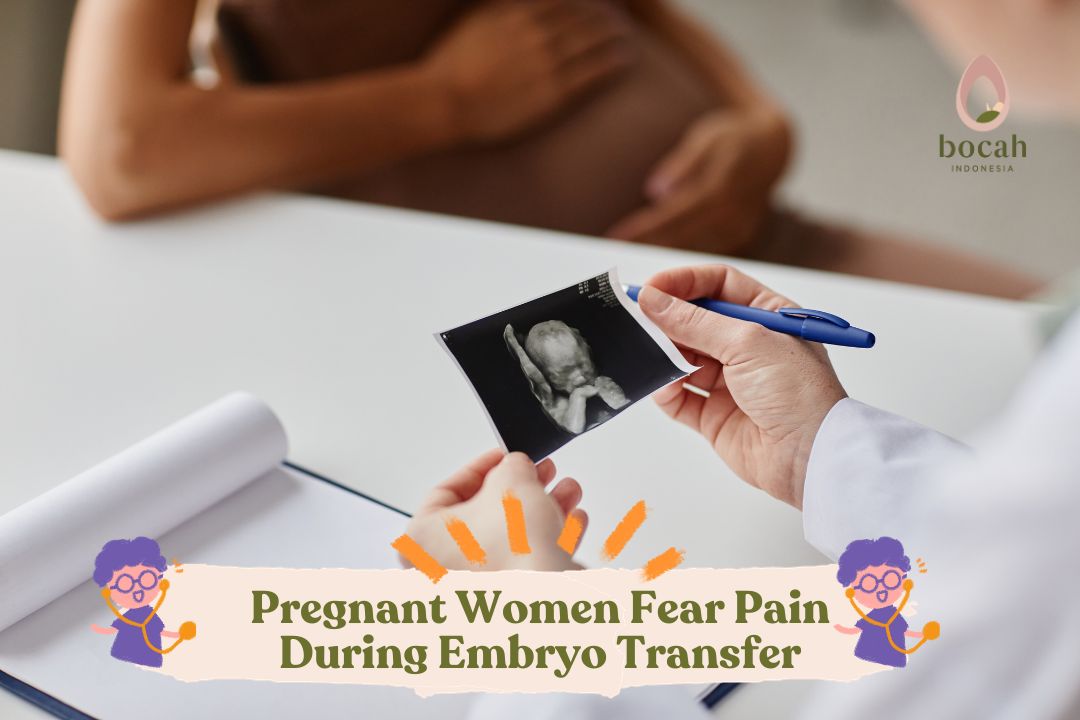Embryo Switched in IVF Procedure: What Happened?
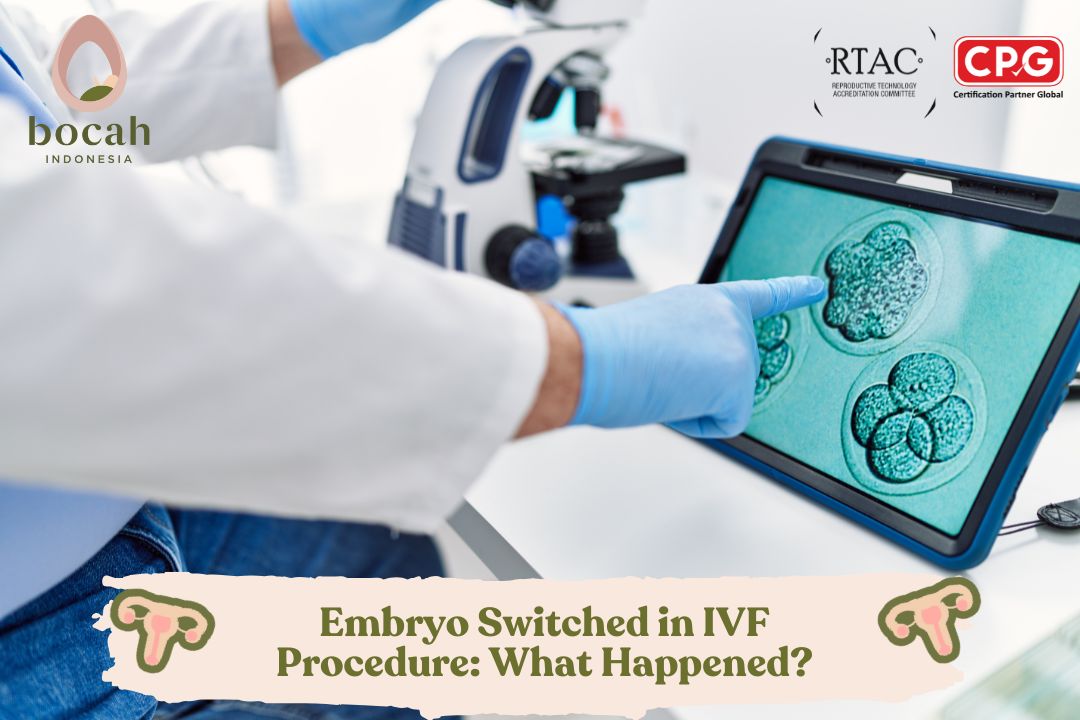
A woman named Krystena Murray from the state of Georgia, United States, recently faced a distressing incident. She successfully conceived through an in vitro fertilization (IVF) program in May 2023 and gave birth to a baby boy in December 2023.
However, what shocked Murray and her husband was that the Caucasian couple gave birth to a baby of African-American descent.
It is important to note that IVF (In Vitro Fertilization) is an assisted reproductive technology (ART) procedure in which an egg and sperm are fertilized outside the human body, typically in a specialized laboratory. During this process, the mother’s eggs are retrieved from her ovaries, while the father’s sperm is collected separately to facilitate fertilization.
According to a report by BBC, Murray was unaware throughout her pregnancy and delivery that the baby she carried was not biologically hers. She purchased a DNA testing kit to perform a home test, and the results she received in January 2024 were shocking: the baby had no biological relation to either her or her husband.
Murray and her husband then notified the IVF clinic where she underwent the procedure, reporting a possible embryo transfer error. She explained that the baby she carried had darker skin, while both she and the couple who had donated the sperm were white. It was later confirmed that the doctor had mistakenly transferred another couple’s embryo instead of her own.
Tanya Mincah tentang Promil?
What Are the Legal Regulations Concerning Embryo Transfer Errors?
According to Article 127 of Law No. 36/2009 on Health in Indonesia, assisted reproductive efforts carried out through non-natural means may only be performed by legally married couples, under specific conditions — one of which is that the fertilization must result from the husband’s sperm and the wife’s ovum.
A study published in the Journal Legisia emphasizes that, based on Law No. 36/2009, artificial insemination and IVF procedures involving donor sperm, donor eggs, or surrogate wombs are strictly prohibited in Indonesia, as they contravene legal norms, religious values, morality, and public decency.
How Does Bocah Indonesia Handle Embryo Transfer Procedures?
Essentially, healthcare professionals authorized to conduct IVF programs must adhere to the ethical codes, professional standards, and standard operating procedures (SOPs) while strictly upholding prevailing norms.
At Bocah Indonesia, every stage of embryo storage is carefully monitored, and the responsible physician provides a detailed report on the embryo’s development. Similarly, prior to any embryo transfer procedure, the physician will ensure accurate verification between the embryo data and the patient’s records to eliminate any potential mismatch.
For future parents planning to undergo an IVF (In Vitro Fertilization) program, there’s no need to worry. Every procedure at Bocah Indonesia is conducted in accordance with medical ethics and operational standards.
Consult your doctor today to begin your fertility journey with confidence!


